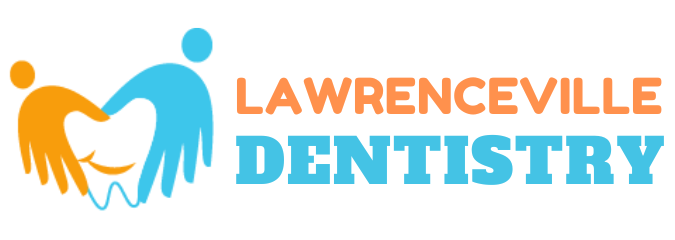
Oral Cancer Screening: Early Detection for Optimal Oral Health
Maintaining optimal oral hygiene is crucial, but sometimes non-optimal oral health issues can arise. It’s important to catch these issues early to address and resolve them before they worsen and lead to new problems. This holds especially true for oral cancer, as early detection significantly improves the chances of successful treatment. To ensure timely identification, your dentist recommends an oral cancer screening every six months during your routine examination and cleaning. This screening allows for the detection and removal of oral cancer or precancerous conditions when necessary, increasing the likelihood of a cure.
Risk Factors for Oral Cancer: Are You at a Higher Risk?
While regular oral cancer screenings benefit all patients, some individuals face a higher risk of developing oral cancer. If you fall into this category, your dentist will strongly recommend an oral cancer screening. Several risk factors contribute to an increased instance of oral cancer, including:
- Tobacco use: This includes cigarettes, cigars, pipes, chewing tobacco, snuff, and any other form of tobacco consumption.
- Heavy alcohol use: Frequent consumption of hard liquor raises the risk of oral cancer.
- Prior oral cancer issues: Having experienced oral cancer in the past increases the likelihood of recurrence.
- Significant sun exposure: Prolonged exposure to the sun, particularly on the lips, can elevate the risk of lip cancer.
Promoting Oral Hygiene: Reducing Your Risk of Oral Cancer
To minimize your risk of developing oral cancer, your dentist encourages you to abandon detrimental habits and adopt beneficial ones for your oral hygiene. By quitting tobacco use, moderating alcohol consumption, and protecting your lips from excessive sun exposure, you can significantly reduce your chances of developing oral cancer.
What to Expect: A Comprehensive Oral Cancer Screening
During your oral cancer screening, your dentist will perform a thorough visual examination of the following areas:
- Face
- Neck
- Lips
- Inside the nose and oral cavity
- Gums
- Inner cheeks
- Roof of the mouth
- Tonsils
- Throat
- Area under your tongue
Using a light and mirror, your dentist will search for asymmetries, swellings, bumps, ulcerations, patches of color, sores, or any other abnormalities that could indicate oral health issues. Additionally, your dentist will gently feel the following areas with gloved fingers:
- Head
- Cheeks
- Jaw
- Area under the chin
- Various tissues in your mouth
This tactile examination aims to identify lumps, masses, or other abnormalities. If necessary, your dentist may request the removal of removable dental hardware, such as partial or complete dentures. For a more detailed assessment, your dentist might rinse your mouth with a special blue dye that highlights abnormal cells.
Next Steps: Further Testing and Treatment Recommendations
While oral cancer screenings cannot provide a definitive diagnosis, they serve as an indicator for further testing when advisable or necessary. For example, visual examination alone may not determine the cancerous nature of mouth sores, as many are benign. If your dentist is uncertain about the origin of a mouth sore, they will recommend additional testing.
If signs of cancerous or precancerous conditions are detected, your dentist will recommend a follow-up visit a few weeks later to re-examine your mouth and assess any changes. At this point, a biopsy or referral to an oral cancer specialist for diagnosis and treatment may be recommended.
Your Oral Health Matters: Contact Lawrenceville Dentistry with Your Questions
Oral cancer screenings are preventive measures and should not cause undue worry or concern. If you have any questions or concerns about oral cancer screenings, please don’t hesitate to reach out to Lawrenceville Dentistry. We are here to provide you with the necessary information and support for your oral health journey.
